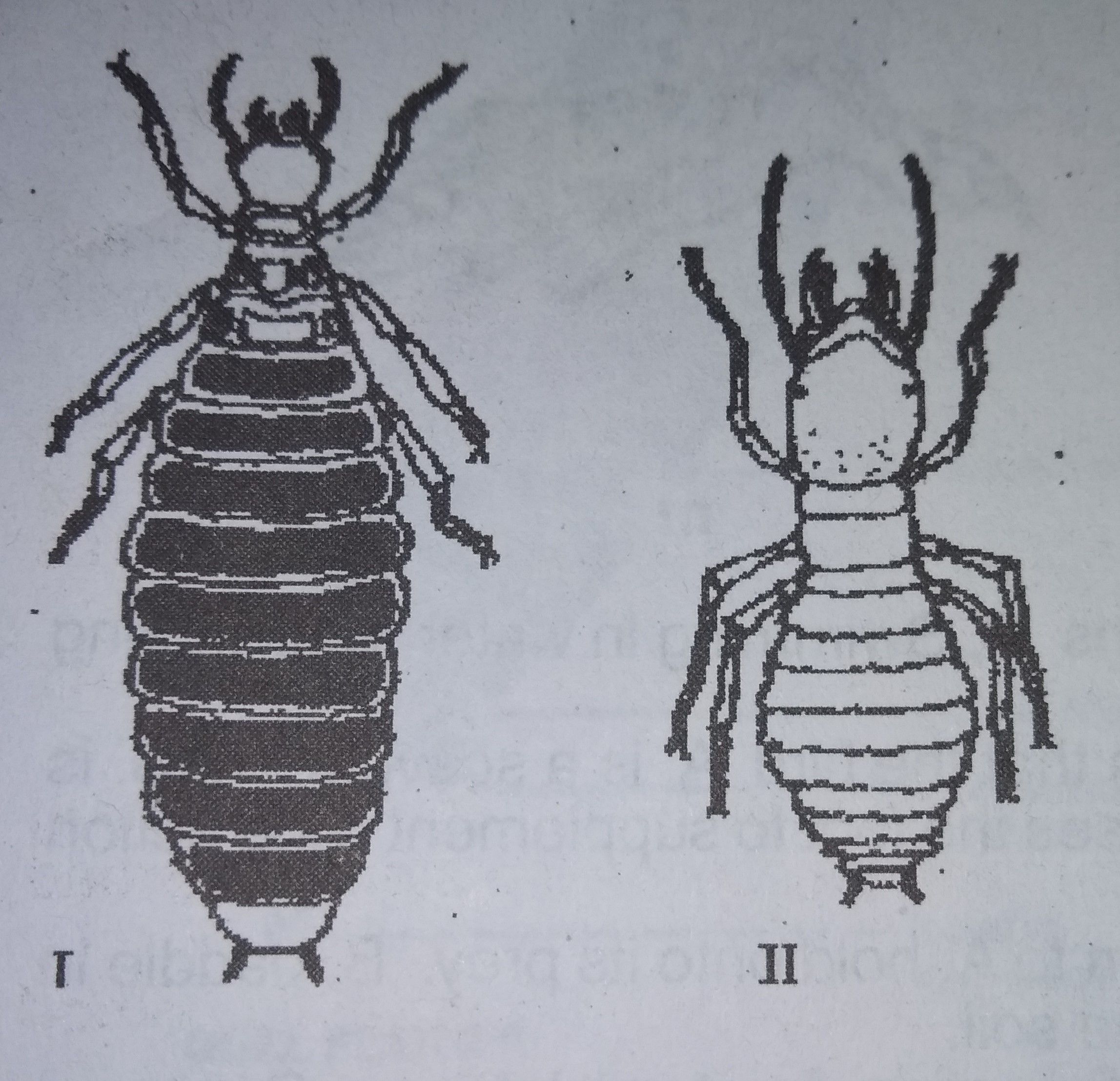WAEC - Biology (1994)
1
All animals are dependent on green plants because plants
Answer(E)
manufacture food for animals
2
The scientist who discovered the cell while examining a thin slice of cork under the microscope was
3
The two important physical processes involved in the absorption and transport of materials in plants are
4
The process by which plants manufacture food from carbondioxide and water, using energy from the sun is
termed
5
The process in which insects undergo conspicuous changes in form and appearance during development
is known as
6
What is the foot labelled I adapted to?
7
The foot labelled III is strong and has blunt claws
on its digits, This implies that the bird
Answer(D)
uses the foot to scratch the soil
8
The long and sharp claws in the font labelled ll show that the bird uses them to?
9
Conventional method of sewage disposal involves all the following except defaecating
10
Which of the following actions is not an example of a simple reflex action?
11
In which of the following is a cellulose cell wall present
12
Which of the following organisms exists as a filament?
13
All the following can illustrate the dynamic nature of the ecosystem except
14
Which of the following measures does not ensure conservation?
Answer(E)
Enclosing fishes in ponds where they will not be stolen
15
Which of the following is not required for primary production to occur in plants?
16
Which of the following blood group(s) is/are the universal donor(s)
17
The branch of science which deals with resemblances, origin and expression of biological variations is
called
18
Which of the following can cause desert encroachment?
19
The morphological, physiological and behavioural characteristics which enable an organism to survive in
its environment is called
20
Which of the following performs the same function as the contractile vacuole of a unicellular organism?
21
Which of the following represents the correct order in a possible food chain?
Answer(D)
Diatom -> crustacean -> fish -> man
22
Which of the following relationships illustrates competition?
Answer(B)
Goats and cows grazing on a small grass lawn
23
Which of the following agents is responsible for the dispersal of the seed shown above?
24
The structure used by fishes to detect the presence and movement of other animals
by the vibration they produce is the
25
Muscles are attached to bones by means of
26
The ability of the eye to alter the focal length of the lens, with regard to the distance of the object from
the eye is known as
27
What is the fate of the ovary of a flower after fertilization?
28
The diagrams above represent a group of insects known to be
29

In their system of organisation, the diagram labelled II plays the role of a
30
Which of the following determines a normal male offspring?
31
What is the theoretical probability that a normal male child will be born?
32
Which of these is not part of the appendicular skeleton?
33
Which of the following factors does not control population growth?
34
The following conditions form the basis of competition in a habitat except
35
The part of the ear which equalizes air pressure on either side of the eardrum is
the
36
Mutation leads to evolution in that it
Answer(C)
gives rise to new individuals which differs considerably from their parents
37
The process whereby poisonous compounds are made harmless in the liver is called
38
The deficiency of calcium in a plant may result in
Answer(A)
stunted growth and poor root development
39
Which of the following is the least safe method of birth control? Using
40
Which of the following does not imply attempt at conservation?
Answer(E)
Retraining from the use of the natural resource
41
The gradual, cumulative, adaptive and heritable changes in an organism over a long period of time resulting
in emergence of new species is known as
42
The structure that produces the energy required by the cell is labelled
43
The structure labelled V is the
44
In which of the following organisms is the siphon found?
45
Which of the following is not a pollution control measure?
Answer(E)
Channelling sewage into streams
46
Which pair of structures contributes to balance in mammals?
47
Spermatogenesis and Oogenesis are both terms used to describe
48
Which of the following is not a continuous variation?
49
which of the following is not a conservable natural resource?
50
Which of the following plant diseases is indicated when grains of cereals are covered with a mass of
spores?
51
Which of the following structural features in animals does not affect control of body temperature?
52
The control of water and salt requirements of the body in order to maintain a stable internal environment
is known as
53
Which of the following is not a condition necessary for germination to occur in most seeds?
54
Which of the following structural features adapts Drosera (Sundew) to its carnivorous mode of nutrition?
Answer(B)
Club-shaped glandular hairs on leaves
55
Which of the following terms is not associated with finger prints?